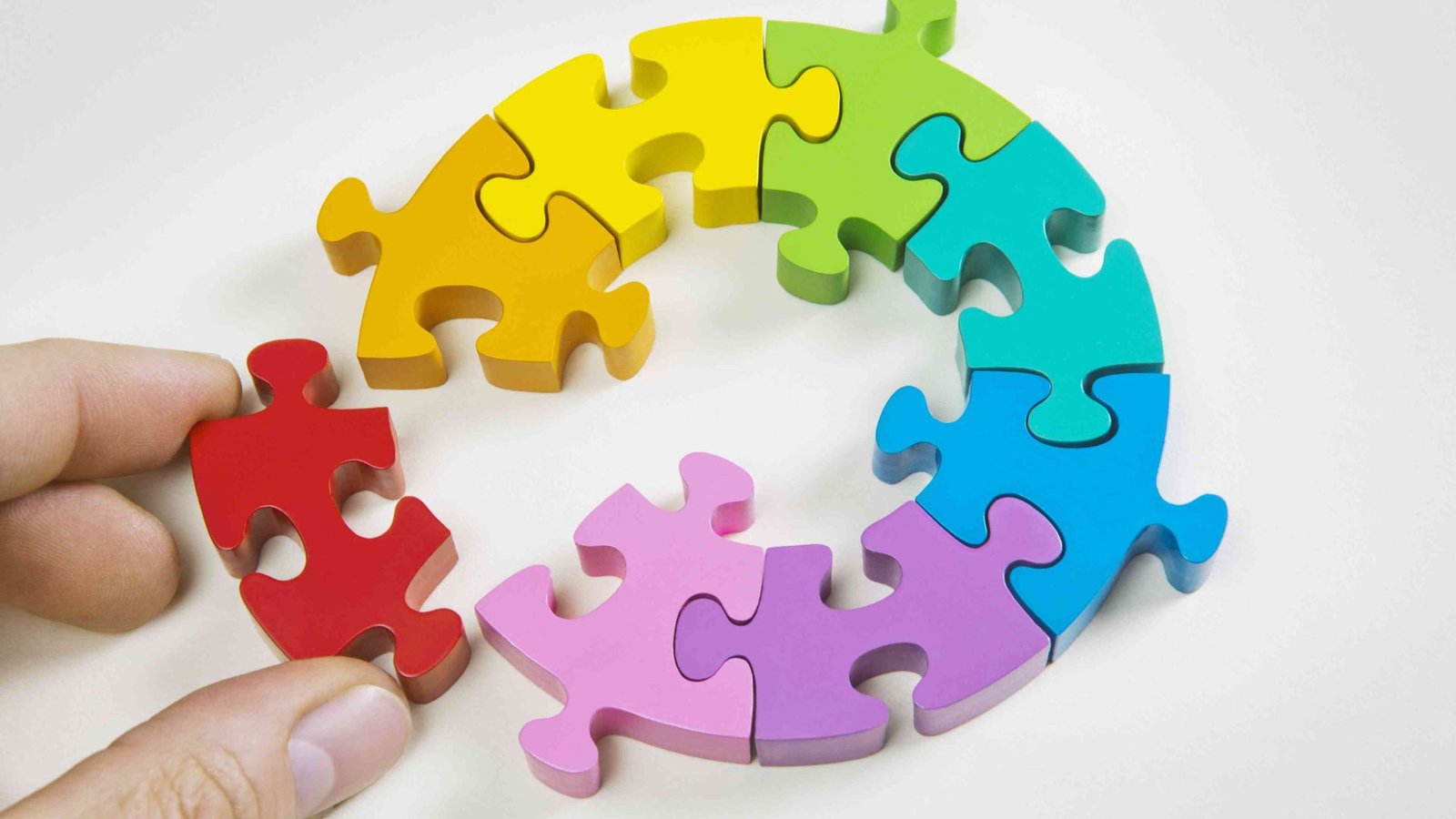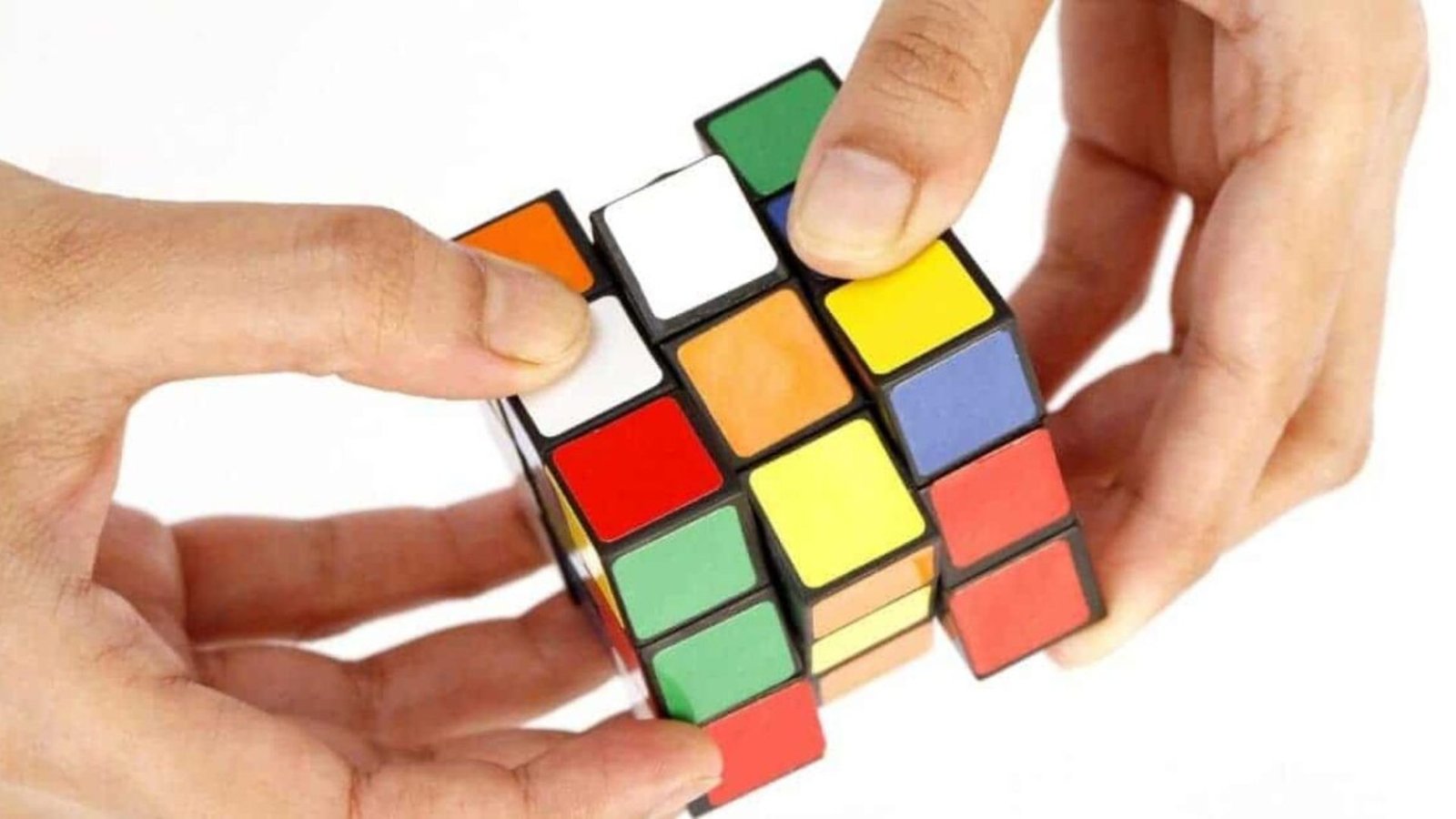Puzzle solving is a popular and engaging activity enjoyed by people of all ages. Whether it’s jigsaw puzzles, crosswords, Sudoku, or video game puzzles, the act of solving them can be incredibly rewarding. However, for some individuals, puzzle-solving can cross the line from enjoyable pastime to addictive behavior. While puzzles offer cognitive benefits and a sense of accomplishment, they can also cause frustration, distraction, and even obsession. In this article, we explore why puzzle-solving can become addictive and offer suggestions on how to manage this behavior.

The Reward System of the Brain
How It Works
When solving a puzzle, the brain experiences a sense of reward, which triggers the release of dopamine, a neurotransmitter associated with pleasure and satisfaction. This chemical response reinforces the behavior, making it more likely for the individual to seek out more puzzles to solve. The sense of accomplishment from completing a task, even a small one like finishing a crossword clue or completing a jigsaw piece, is highly motivating.
Why It’s Addictive
This reward cycle can create a sense of instant gratification that drives individuals to continue solving puzzles. The brain gets a small “high” each time a puzzle is solved, reinforcing the desire to keep solving more puzzles. As the puzzles become more difficult and rewarding, the desire to achieve that “hit” of dopamine becomes stronger, leading to a cycle of addictive behavior.
The Need for Challenge and Progression
A Sense of Mastery
Many puzzles are designed to be increasingly challenging as the player progresses. This gradual increase in difficulty keeps individuals engaged and stimulates their desire to conquer more complex tasks. The sense of progression, as one solves increasingly difficult puzzles, can be highly addictive. It offers a clear path of improvement, making puzzle solvers feel competent and capable as they advance.
Why It’s Addictive
For many people, the feeling of mastering a challenging puzzle provides a sense of accomplishment and purpose. Each solved puzzle becomes a small victory, contributing to a larger sense of progress and growth. This need for mastery can make it difficult for puzzle solvers to stop, as they continuously seek the next challenge.
Escapism and Stress Relief
Puzzles as a Distraction
For some individuals, solving puzzles provides a temporary escape from stress, anxiety, or other emotional issues. The act of focusing on a puzzle diverts attention away from daily worries, allowing individuals to experience a sense of calm and control. The concentration required for solving puzzles can act as a form of mindfulness, helping individuals stay present and focused.
Why It’s Addictive
When individuals feel overwhelmed by daily stressors, puzzles provide a manageable, controlled environment where they can succeed. This sense of control and distraction can make puzzles addictive, especially for those using them as a coping mechanism to avoid uncomfortable emotions or situations. In such cases, puzzle-solving becomes a habitual escape, where the individual constantly seeks the mental peace puzzles provide.
The Social and Competitive Aspect
Puzzles and Social Interaction
Puzzle-solving has also evolved into a social activity. Many people engage in puzzle-solving online or in groups, sharing their progress or competing with others. Leaderboards, rankings, and collaborative puzzles add a competitive edge to the experience, which can fuel further engagement.
Why It’s Addictive
The desire to be the best or to compete with others can make puzzle-solving even more compelling. Social validation and the satisfaction of outsmarting opponents can enhance the reward system, motivating individuals to continue solving puzzles to maintain their competitive edge.
The Perfectionist’s Dilemma
Aiming for Perfection
Puzzle-solving, especially in games like Sudoku or jigsaw puzzles, can appeal to perfectionists who crave precision and order. For these individuals, completing a puzzle correctly and without mistakes can feel like a personal achievement. However, this drive for perfection can become obsessive, as individuals push themselves to solve puzzles perfectly, often spending more time on them than intended.
Why It’s Addictive
The pursuit of perfection can create a loop of obsessive behavior. Each puzzle becomes an opportunity to achieve flawlessness, and the satisfaction of solving a puzzle perfectly becomes addictive. Over time, this behavior may take up more time and energy, with individuals prioritizing puzzle-solving over other important activities.
What to Do About Puzzle-Solving Addiction
While puzzle-solving can be a fun and intellectually stimulating activity, it’s important to recognize when it becomes addictive. Here are a few strategies to manage this behavior and ensure it remains a healthy hobby.
1. Set Time Limits
One of the best ways to prevent puzzle-solving from becoming obsessive is by setting clear time limits. Whether it’s a specific number of puzzles per day or a set amount of time spent on each puzzle, creating boundaries can help keep the activity in moderation. Setting an alarm or timer can remind you when it’s time to take a break.
2. Engage in Other Hobbies
Diversifying your hobbies can prevent you from over-focusing on puzzle-solving. Engaging in other activities, such as exercise, reading, or creative hobbies like painting, can provide balance and prevent you from becoming too immersed in puzzles. This balance will keep your brain engaged without overstimulation from one activity.
3. Practice Mindfulness
If you’re using puzzles as a form of escape from stress or anxiety, practicing mindfulness or relaxation techniques may be helpful. Mindfulness activities such as meditation, yoga, or journaling can help you manage emotions and reduce the impulse to turn to puzzles as a coping mechanism. These practices can provide similar benefits without becoming addictive.
Conclusion
Puzzle-solving can become addictive due to its rewarding effects on the brain, the thrill of challenge, and the potential for escapism. However, it is important to recognize when this activity starts to interfere with other aspects of life. By setting time limits, diversifying your hobbies, and managing emotional triggers, you can keep puzzle-solving a fun and enriching experience without falling into unhealthy patterns. With mindful management, puzzles can continue to offer intellectual stimulation and a sense of accomplishment, without negatively affecting your well-being.



